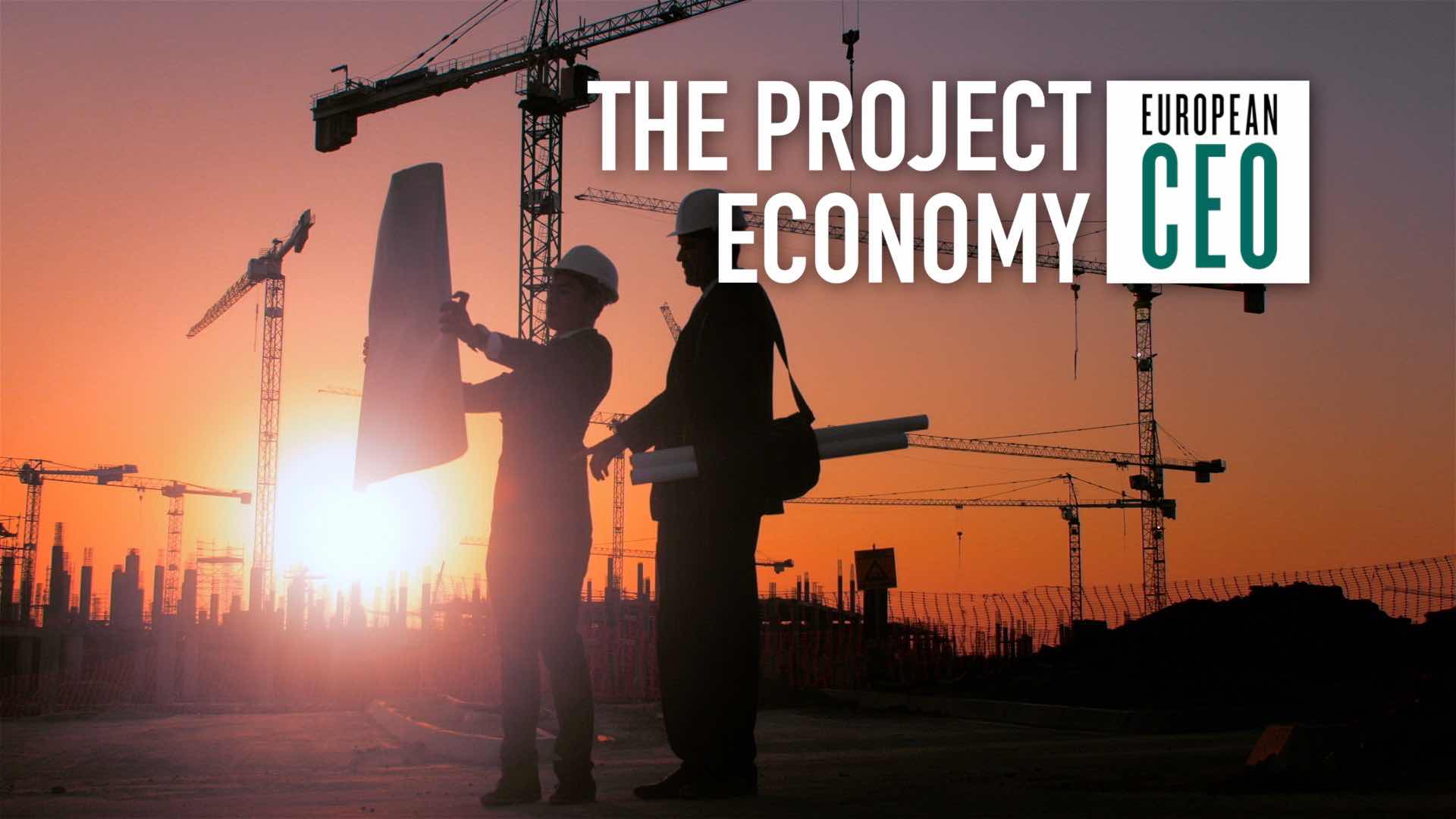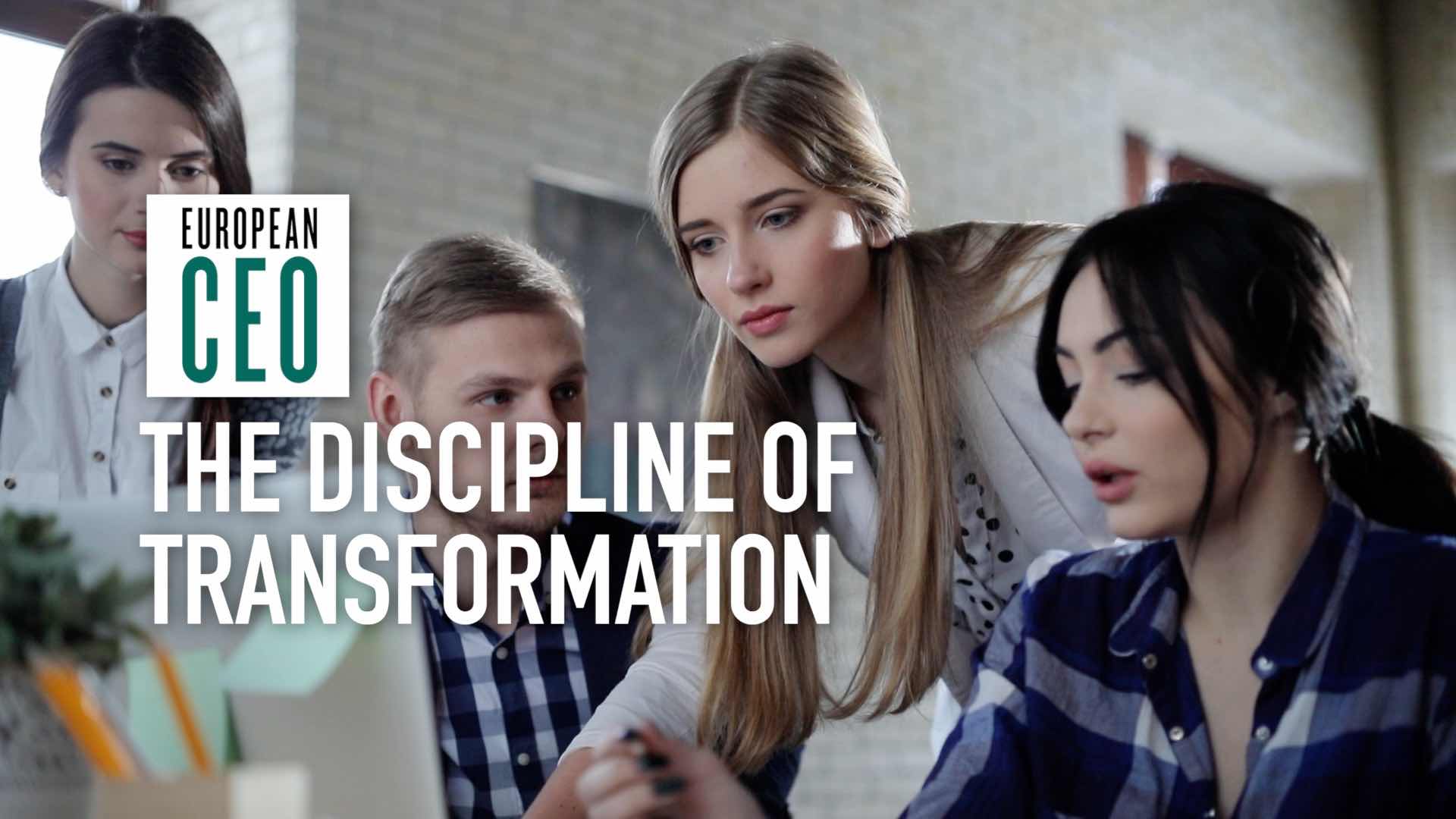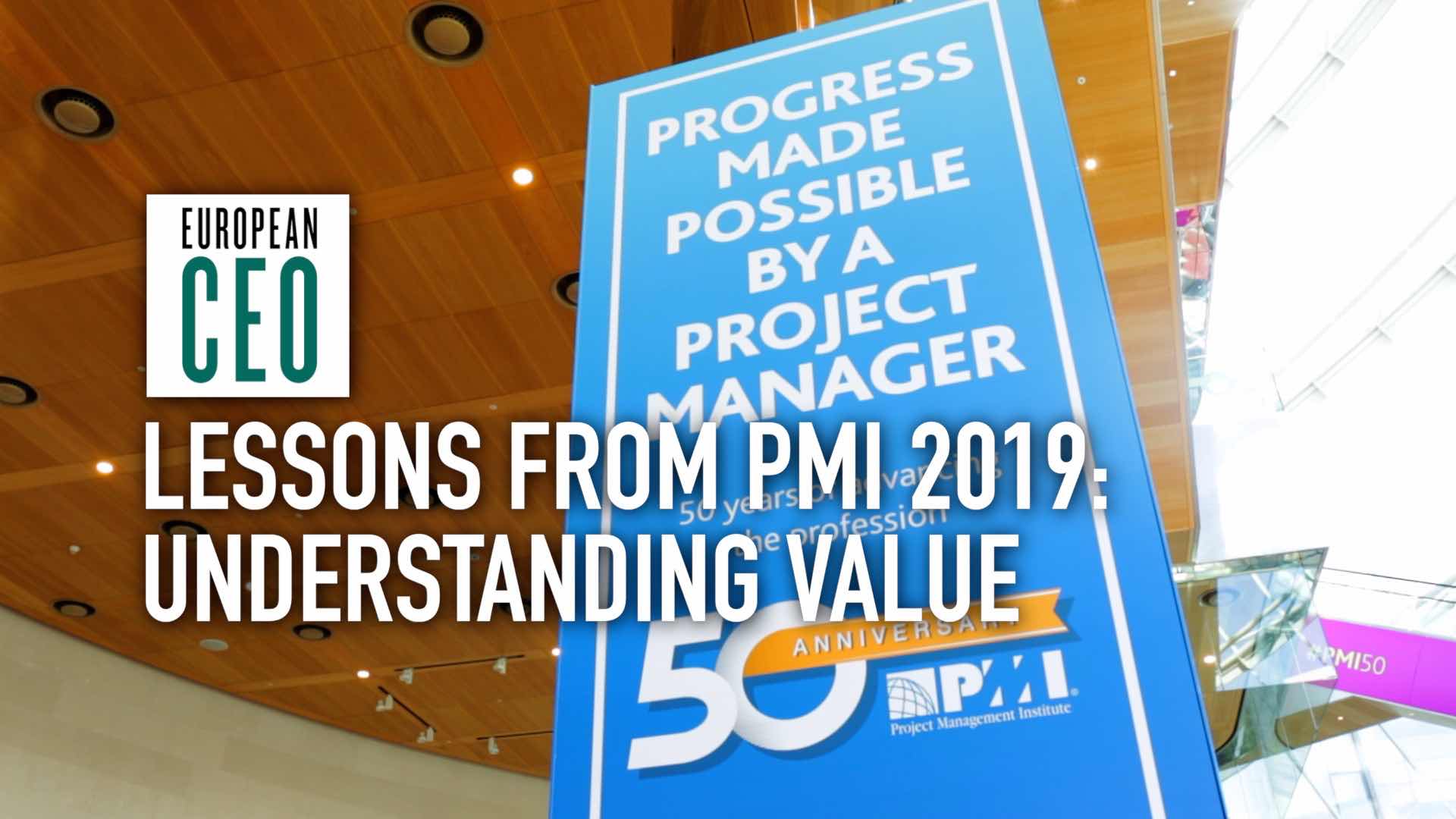Why project managers need to always be curious | PMI EMEA Congress 2019
Project managers must be open to learning and adapting to deliver value successfully, says the Project Management Institute
Transcript
The PMI EMEA Congress 2019 kicked off with a keynote from Jamil Qureshi, the motivational speaker and performance coach. He encouraged delegates to support the rogue monkeys in their organisations, and to value curiosity above creativity. European CEO spoke to three delegates at the event about how the profession is changing and the lessons they would take home from the event. We have two more videos in this series, about understanding and delivering value, and project management into the next 50 years.
The PMI EMEA Congress 2019 kicked off with a keynote from Jamil Qureshi, the motivational speaker and performance coach. He encouraged delegates to support the rogue monkeys in their organisations, who don’t let ‘the way things have always been done’ stop them from achieving incredible things.
Jim Boland: The opening keynote was great, he spoke about a growth mindset, the inhibitors to that growth mindset.
Successful entrepreneurs, successful project managers; what they need to look at. And it’s rather than, ‘We can’t do this because of x y and z,’ and being risk averse, is to say: well, what are the outcomes I’m looking for? What I actually want to achieve, as opposed to what I want to avoid achieving is absolutely key going forward.
One of the other things that I took away from that opening session is, curiosity is more important than creativity, because in the world we’re operating today, you can put that into any scenario: you’re sitting in front of your customer, you’re trying to understand what they’re trying to deliver, what value they see in a particular project. Continuously asking the why; some great lessons for all of us out of that session.
PMI’s latest research introduces the concept of a PMTQ – a project management technology quotient – to complement the long-recognised EQ and IQ. Always-on curiosity is a vital component of a high TQ.
Cindy Anderson: On this theme of always-on curiosity, what we’re seeing is that organisations are looking for people who manage projects and deliver value to be curious all the time: to learn new things, to learn new ways of managing these new types of projects that are out there.
And what that means is that they can take a problem, designed to help an organisation change, and create a solution, which is the project, and then take that project through to value delivery.
And with digital disruption happening, and organisations getting much faster, that requires in this new business environment a whole host of skills. Including things like being able to manage disruption. Being able to understand the digital environment.
According to Jamil, it’s not change itself that’s tripping up businesses – it’s the pace of change. And adapting to the new pace means switching our focus from what we do, to why we do it. Project leaders understand this: there is no one size fits all approach to managing a project.
Jim Boland: The project management role as we know is changing in the industry, and no longer is it sufficient for our project managers to be solely focused on managing a to-do list, managing issues and risks, managing scope, managing budget.
To-do lists are not bad, but they shouldn’t define your nine to five. Take time out, collaborate, be curious: some of this is a mindset change for our project managers, who traditionally may have been more focused on the task-driven side of their projects; but now we’re asking them, or challenging them, to be much more encompassing. Start developing some of those behaviours, skills, and soft skills, which are becoming more and more important in today’s world. Looking not just at their particular scope, but looking at the end-to-end. And how their project or role helps our customers be successful.


 The Project Economy: What it means for the world, business, and you
The Project Economy: What it means for the world, business, and you PMI: There’s a lot of work to be done in the discipline of transformation
PMI: There’s a lot of work to be done in the discipline of transformation Understanding and delivering value | PMI EMEA Congress 2019
Understanding and delivering value | PMI EMEA Congress 2019